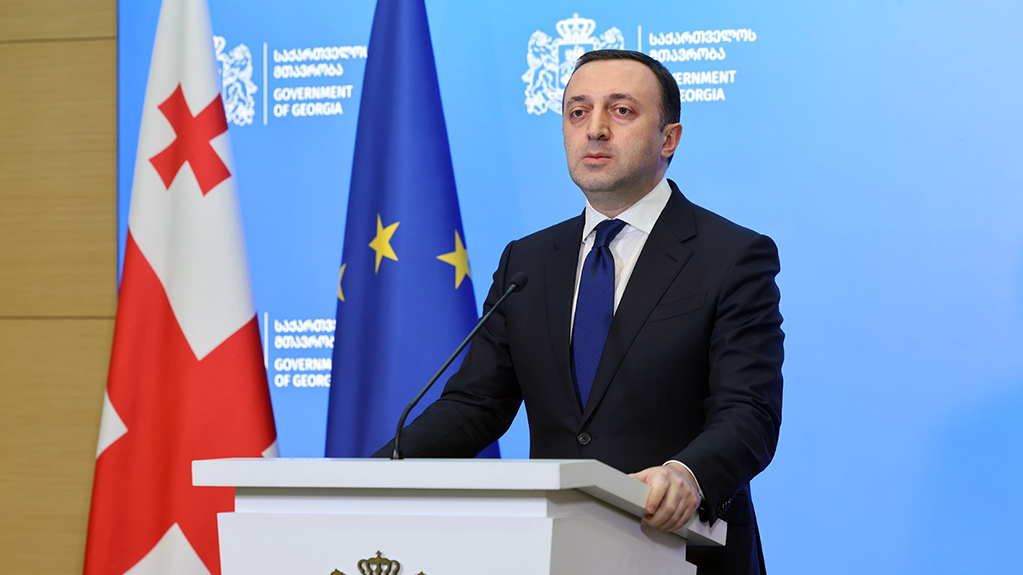The government intends to build the Khudoni Dam in Zemo Svaneti on its own, but the project will be changed in such a way that “neither the village nor the temple will be flooded anymore” and “it will have a minimal effect on the environment,” - announced Prime Minister Irakli Garibashvili today while presenting the 2023 report on the government's activities.
News
‘‘We are currently working on the development of four large hydropower plants, among them will be the “Khudonhesi” project. However, it will be modified so that neither the village nor the church will be flooded anymore and it will have a minimal effect on the environment, and the region in general. On the contrary, I think it will become an exemplary project and the most important one for our energy sector after Enguri HPP. As you know, in 2012, the “Khudonhesi” project was alienated. We have since repossessed it and the state intends to start the construction of this large hydroelectric power station of national importance by itself. In addition, we continue to work on the development of Nenska,” said Garibashvili.
The Prime Minister emphasized that energy development is one of the main priorities of the government.
“Until 2012, the installed capacity of the energy system of Georgia was about 3325 megawatts. Most of the stations were built during the Soviet Union. Until 2012, 7 power plants were built with a combined installed capacity of 140 MW, and during our governments' rule, 66 power plants were built with a combined capacity of 1200 MW, with a total investment of about 2 billion dollars. This is a solid result in the field of energy. It goes without saying that, as a result, we have record electricity generation, export, and transit. This year, according to the data of 11 months, the generation has already amounted to 13 billion kilowatt per hour, which is a maximum output in the history of independent Georgia. Exports and transit through our country are also at record high - revenues amounted to tens of millions of GEL, which were allocated to the budget, which is 4.5 times greater compared to 2012,” said Garibashvili.
A year ago, news broke that the government redeemed “Khudonhesi” project from an investor for 13.5 million dollars. As the Minister of Economy and Sustainable Development, Levan Davitashvili, said at the time, the construction of the HPP would be resumed from 2023.
“Khudonhesi “was intended as the second largest hydroelectric power station in Georgia after “Engurhesi”. Its construction began in 1979, during the Soviet Union, but got suspended due to joint protests of the National Movement party, students, and local population. In 2011, with the National Movement still in power, the Indian Transelectrica won the right to build the Khudoni HPP and was handed 1,536 hectares of land in Khaishi from the state for $1. The company is registered in the offshore of the British Virgin Islands. Since then, Transelectrica has not carried out any works, except for preparing the environmental impact assessment report.
According to the project, the height of the dam of the Khudoni hydroelectric power station was to be 200 meters, and 528 hectares of territory were planned to be flooded to create the reservoir. Villages, churches, cemeteries, historical monuments, part of the road connecting Jvari-Mestia were to end up under water. About 2,000 people were subject to resettlement.
On May 8, 2013, about 200 families living in the Khaishi community swore on an icon in St. George's Church that they would not allow Khaishi and surrounding villages, cemeteries, and churches to be flooded, and refused any compensation.
Environmental organizations are also against the construction of Khudonhesi in this form.















